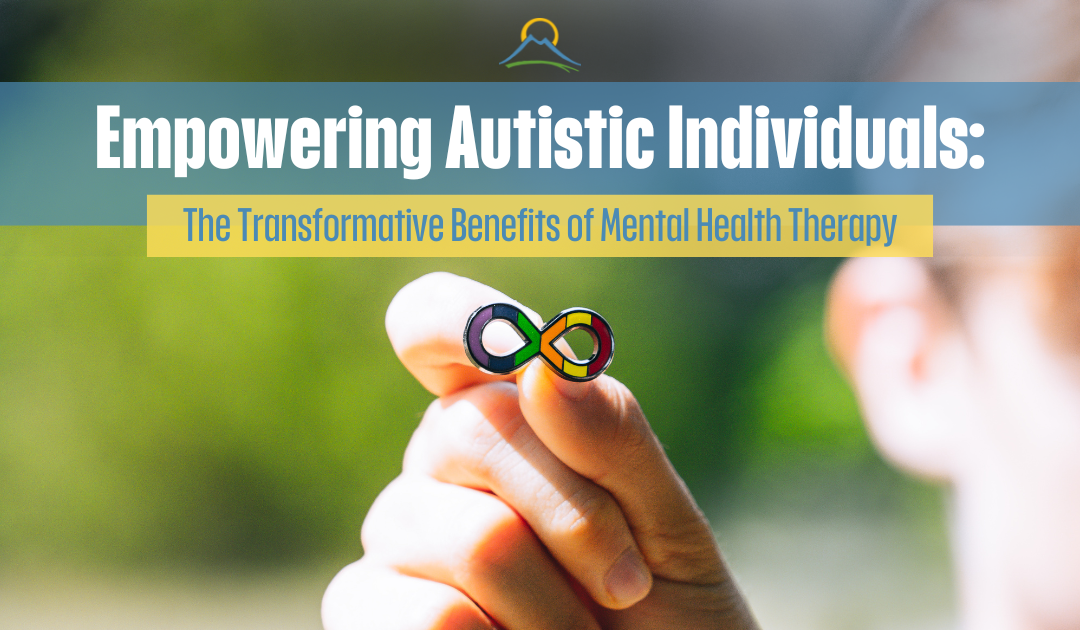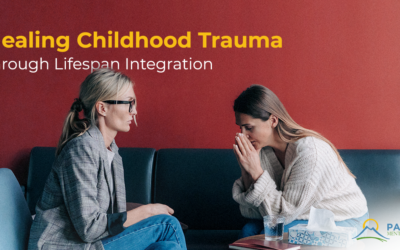What is a transition? How does it relate to life?
According to vanguard.co, “transition is defined by some as the psychological process that an individual goes through to come to terms with a new situation. Life transitions occur as a result of planned or unplanned events and changes that occur in your everyday life. “ (n.d.)

What comes to your mind when you think of a life transition?
For many people, life transitions trigger thoughts of big sudden changes in a person’s life (retirement, death, etc.). Most don’t even think about the small subtle changes that occur within a person’s lifetime.

Life transitions begin from the day a person is born. Almost every day after, there is some small transition that shapes how we grow, perceive, and react to the world, helping us to become who we all are. Some may say “change is a part of life”, which is true, but not everyone handles change the same. For many, change is extremely stressful. Various changes to some degree all require some level of coping and new adjustments, as each transition “may present its own set of unique challenges” (vanguard.co). How a person reacts and handles those challenges may impact their life minimally or drastically, depending on the severity of the transition.
How do we cope with a life transition?
For many, life transitions are scary. As change sits foreign and uncertain, many people prefer a routine, as it allows them to feel comfortable in their day to day experiences, and change rattles that monotony. Transition may make them fearful and/or anxious, both normal emotions. Coping with these transitions may either have a positive or negative impact on the situation. Positively, coping with the life transition can teach us new skills, to be confident in our new role, “give us a chance to learn about our strengths and to explore what we really want out of life.“ (Joelson, 2016). Negatively coping “can leave us feeling completely unprepared and we may be thrown into a personal crisis, feeling shocked, angry, sad, and withdrawn.”(Joelson, 2016) unknown date- website:
Navigating through coping with life transitions takes courage, vulnerability, patience, acceptance, and adjustment.
Navigating through coping with life transitions takes courage, vulnerability, patience, acceptance, and adjustment. It is important to know that there is no particular order or way to handle life transitions. There is no guide to life or how to predict unforeseeable changes. Coping with life transitions takes courage as it allows people to go and grow outside of their comfort zones. In being able to positively accept life transitions, one must first accept their new reality, despite its uncomfortableness (Joelson, 2016)). During this new life transition, it may require some degree of adjustment as one may have to identify and/or reevaluate their life goals (Joelson, 2016). Life transitions also take vulnerability. This is a new reality that a person is facing, so it takes patience through the vulnerability of positive or negative transitions in one’s life. One must take the time to reacclimate to their new reality and take life one day at a time. It is also during this time of any transition that one should be aware of or begin to cultivate their support systems to help them along in this new life journey (Joelson, 2016).
References:
Joelson, R. (2016, July 21). Managing Difficult Life Transitions. Retrieved from https://richardbjoelsondsw.com/articles/managing-difficult-life-transitions/
Life Transitions. (n.d.). Retrieved from https://www.vanguard.co.uk/documents/adv/literature/advice_process/life-transitions-profile.pdf








0 Comments